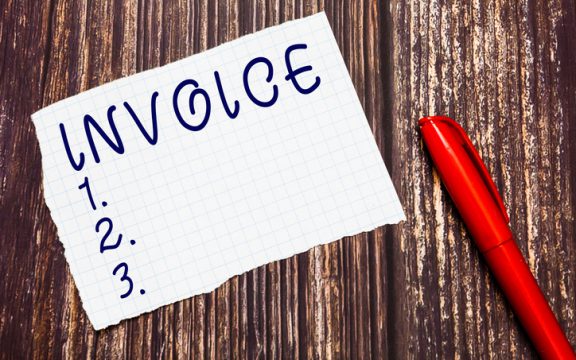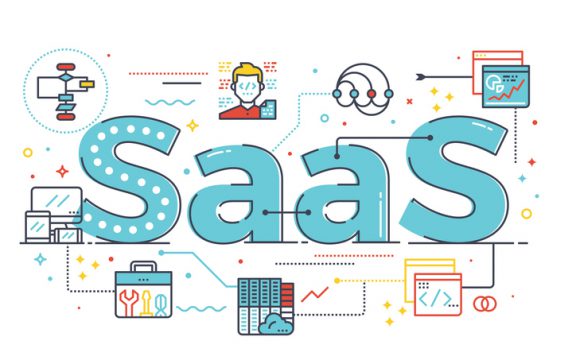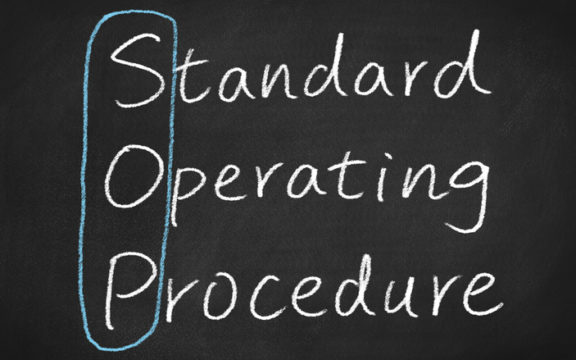A good accounting system is at least as vital for small businesses as it is for large ones. Establishing one will give you the tools to monitor expenses, record deposits and payments, track revenues, and measure profits—all so you can narrow your focus on the vital workings of your business.
But because proper accounting is so vital to your small business’s success, there are some principles you must adhere to if you want to make the most of your system. Consider our tips below to leverage and gain deeper insight into your business’s workings and maximise profits.
1. Record Every Expense
To be sure that you are up to date with your business’s financial condition, you have to record and categorise every expenditure made. This goes for everything from a cup of coffee to a new set of office furniture. It would be best if you also stored cheques and invoices to help you maximise credits and prepare for a potential tax audit.
Cloud accounting software in Malaysia can make it easy to record and store every detail of your business expenses. All you have to do is determine the most essential features for your business and find a solution that offers these features. Take your time to shop around, as the software you choose will become a crucial part of your business’s accounting processes.
2. Automate with a Cloud Software
Cloud accounting software can be a fantastic tool for any small business. It eliminates the need for manual journal entries and can easily give different levels of access to your accountant and other designated users.
There is easy accounting software for small businesses that automatically stores every transaction on a cloud server and keeps it updated as details change. This way, you can be sure you never lose any vital financial information.
3. Keep Accounts Separate
Some small business owners make the mistake of keeping a single account for both personal and business funds. However, this practice quickly creates confusion during tax season. The last thing you want to be doing when trying to lodge your tax return is sorting through every business expense to separate it from your personal funds.
To avoid this hassle, keep your business and personal accounts separate. It will take a little time in the beginning, but you will soon find that it keeps both accounts more organised.
4. Keep Your Record Organised
A key best practice in accounting is to keep your record books neat and organised. If your financial documents are cluttered, it will take more time to search for a particular transaction, and even once you find it, you might not understand what you see.
Keeping your financial records neat and tidy means you will always be able to use them to answer any questions about your business’s profits, losses, and spending trends. You will save yourself and your employees’ vast amounts of time from searching and prevent costly errors.
5. Budget for Taxes
You may be raking in huge revenue, but bear in mind that not all of it is yours. A percentage of it belongs to the government. When businesses fail to budget for tax, what started as a careless mistake can be classed as tax evasion and lead to run-ins with the law. You do not want to find yourself in such a situation—it can get messy, and it may even cost you your business.
When preparing your yearly and quarterly budgets, always remember to set aside a bit of your income so that you can quickly pay your tax when the time comes.
6. Reconcile with Your Bank Account
When handling your small business’s accounting, make sure to reconcile with your business bank account regularly. Reconciling your records against your bank’s enables you to spot any fraudulent activities or errors with the entries.
During the reconciliation, ensure that the balance in your journal tallies with the balance in your bank account. If it does not, do whatever it takes to track down the disparity. Small business accounting is futile if your journal says you have more money than the bank does at the end of the day.
In a Nutshell
Keeping detailed records of all your business’s transactions, from the smallest to the largest, is vital to keep it running smoothly and effectively. With the tips above and good cloud accounting software, you can start managing your small company bookkeeping. Contact us if you have any further questions. For more information, feel free to get in touch with us.






































































































































